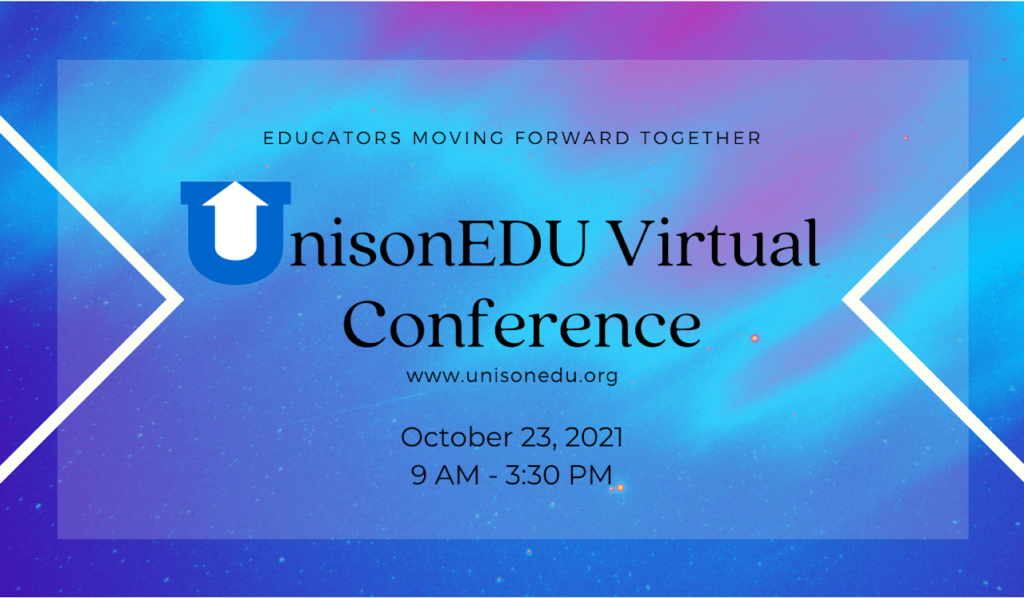
Join VSTE and the Virginia Department of Education for the Leading Ed Forum, March 23, 2022, at New College Institute, Martinsville, Virginia.
We will welcome Charles Chuck Moss, Director of Innovation and Development, Dinwiddie County, to kick off the day encouraging us to find our awesome as a leader. From there, breakout sessions will include:
- What’s New with Google? with Kim Lane Clark, Program Manager, Google
- Virginia’s Whole-of-Commonwealth Approach to Cybersecurity with Chris Cruz,Cybersecurity Program Manager, Homeland Security Division, Office of the Secretary of Public Safety & Homeland Security
- Student Data Privacy with Lisa Waters, Cambridge Public Schools, Penny Murrary, Access 4 Learning (A4L) Community
- Digital Accessibility Features in a Nutshell with Dr. John Hendron, Project Manager of Professional Learning & Organizational Development, VDOE, and Sarah Warnick, Director of Products & Services, Virtual VA
- Authentic Leadership with Wesley Williams, Executive Director of Technology, and Laurie Seidel, Cultivating Awareness & Resilience in Education (CARE) Facilitator, Roanoke Public Schools.
- Virtual Learning in Virginia: Here and Now! with Dr. Meg Foley & Reggie Fox, VDOE
- What’s #GoOpenVA with Jean Weller, VDOE
- Student Data Privacy Continued: Working With Marketplace Providers – Common Expectations are the Key with Larry Fruth and Steve Smith, Access 4 Learning (A4L) Community
Kelly Calhoun Williams, Ed.D., Vice President Analyst in Gartner Research will discuss Top Trends Impacting K-12 Education in 2022 for the event keynote, followed up by Dan Stoneman, Ph.D. Executive Partner with Executive Programs, Gartner, connecting the trends with instruction.
This hybrid event will host face to face attendees and sponsors. Virtual attendees will access the conference via VSTE's virtual conference platform. Cost for both attendees is just $50.
The face to face event will include a continental breakfast and lunch. Face to face seating is limited due to ongoing health and safety concerns. If you plan to attend in person, you should register as soon as possible.
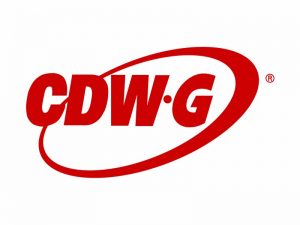
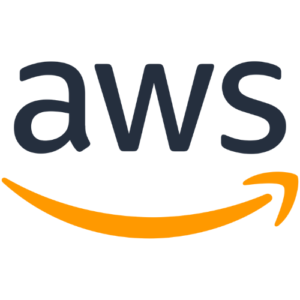

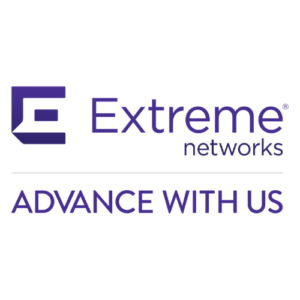
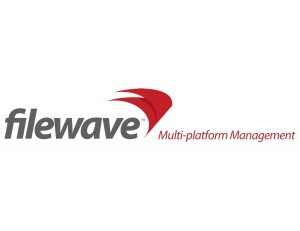

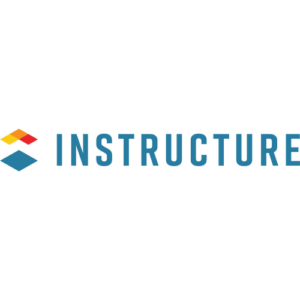
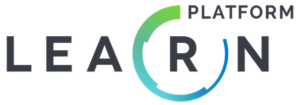
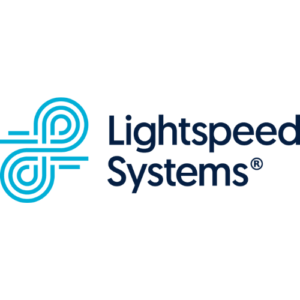
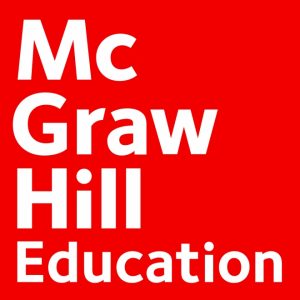

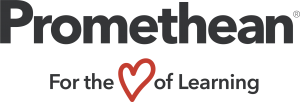
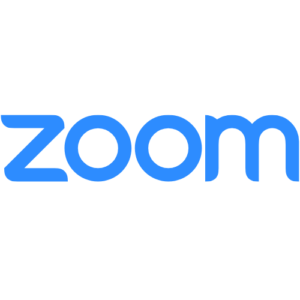
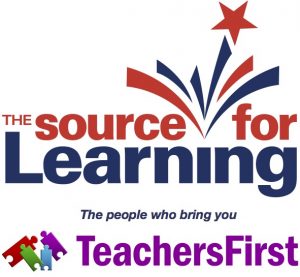





 Boolean Girl is a non-profit with a mission to diversify technology fields by teaching girls and individuals from underrepresented groups to code, build, invent, and animate.
Boolean Girl is a non-profit with a mission to diversify technology fields by teaching girls and individuals from underrepresented groups to code, build, invent, and animate.
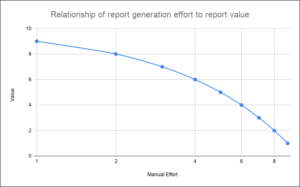
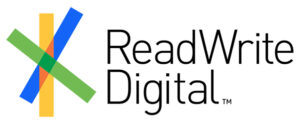

 About the Presenter: Linnette Attai is the founder of
About the Presenter: Linnette Attai is the founder of  About the Presenter: Dr. Larry Fruth II is currently the Executive Director and CEO of the Access 4 Learning (A4L) Community, an independent non-profit membership organization comprised of over 3,200 software vendors and educational institutions whose mission is to support the identification, management, movement and usage of learning information within the education sector. The main community product is the collaboratively developed, platform independent and vendor-neutral technical specifications (SIF Specifications) to enable data sharing among education software applications internationally. Additional activities include the establishment, support and growth of the Student Data Privacy Consortium (SDPC) addressing critical on the ground privacy issues. Dr. Fruth has over 30 years of experience in teaching and learning as a classroom teacher/professor, curriculum and professional development designer and state and federal policymaker. Most recently Dr. Fruth served as an Director for the Ohio Department of Education where he oversaw development of Technology Academic Content Standards, was the State Educational Technology Director designee, lead for various federal programs as well as pointing various pK-16 partnership initiatives. He has been a national keynote speaker, grant reviewer, and currently sits on state, national and international boards relating to education and technology.
About the Presenter: Dr. Larry Fruth II is currently the Executive Director and CEO of the Access 4 Learning (A4L) Community, an independent non-profit membership organization comprised of over 3,200 software vendors and educational institutions whose mission is to support the identification, management, movement and usage of learning information within the education sector. The main community product is the collaboratively developed, platform independent and vendor-neutral technical specifications (SIF Specifications) to enable data sharing among education software applications internationally. Additional activities include the establishment, support and growth of the Student Data Privacy Consortium (SDPC) addressing critical on the ground privacy issues. Dr. Fruth has over 30 years of experience in teaching and learning as a classroom teacher/professor, curriculum and professional development designer and state and federal policymaker. Most recently Dr. Fruth served as an Director for the Ohio Department of Education where he oversaw development of Technology Academic Content Standards, was the State Educational Technology Director designee, lead for various federal programs as well as pointing various pK-16 partnership initiatives. He has been a national keynote speaker, grant reviewer, and currently sits on state, national and international boards relating to education and technology.